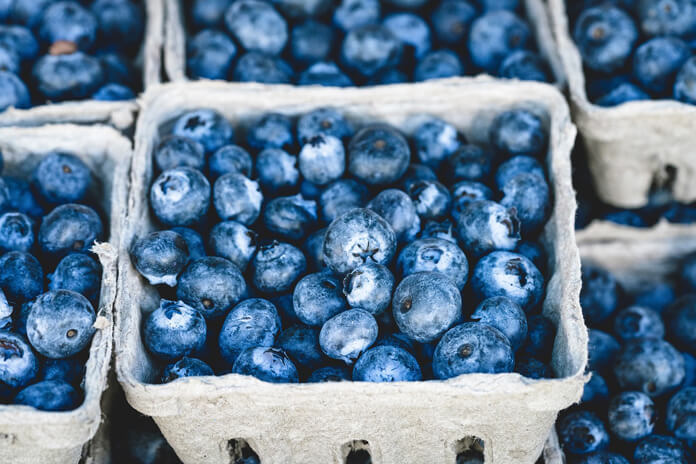Shifting our industrialized food system to a more sustainable version of itself is a hot topic right now. All over the globe, research, development, money and time is put towards figuring out how to feed the world’s ever increasing population while simultaneously not destroying the environment – a bigger challenge than we can really imagine.

Organic city: A step in the right direction
Hamburg, the country’s second largest metropolis, has recently joined the network of German cities that are officially “bio stadt” (organic city). What does this mean exactly?
Currently, the bio stadt network is made up of 12 German cities:
- Augsburg
- Hamburg
- Lauf / Pegnitz
- Bremen
- Heidelberg
- Munich
- Darmstadt
- Ingolstadt
- Nuremberg
- Freiburg
- Karlsruhe
- Witzenhausen
Since 2010, each organic city works together to promote organic farming and organic food. The focus is placed on exchanging experience and knowledge between all players of the food sector – from producer, to supplier and consumer – , participating in joint projects, securing funding from private and public sources, and more. As the network grows, this continues to place political pressure on the country as a whole, strengthening the voice of citizens who feel that organic is the way to go.
Why organic?
Simply put, organic farming methods are sustainable. They promote soil health, ensure lower levels of water, ground and air pollution (if any), promote biodiversity and natural resilience against pests and diseases and helps to protect the environment and climate for generations to come. Organic farming methods promote a closed-cycle approach, where fertilizer from the livestock on the farm can be used to nourish the plants, which a portion of is then fed back to the livestock.
There are typically less additives in processing (if any) and no GMO, artificial fertilizer, pesticide or herbicide use. There are different levels or organic certification to consider, however. Each country will have their own guidelines. As well, farming associations such as Demeter and Bioland have a stricter approach.
So what does this mean in practice?
It’s great to say on paper “we’re an organic city”, but what will Hamburg do to live up to this?
One big step is that they will give priority to organic foods in public facilities, events, markets and particular for children and adolescents. This means more organic foods in cafeterias and public offices – places like Children’s day care centers, school meals, canteens in government agencies, catering for government events, city hall receipts, etc.
Hamburg also promise to promote organic farming within the region through funding, consulting and targeting applied research. This will also shorten the supply chain and fulfill another request from the consumer: more local foods.
As well, they plan to promote knowledge sharing and better inform consumers. This will be through the creation of the events themselves but also through annual events and fairs such as the Hamburg.bio kickoff.









